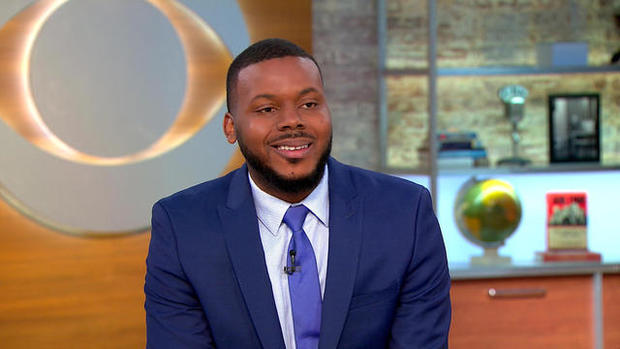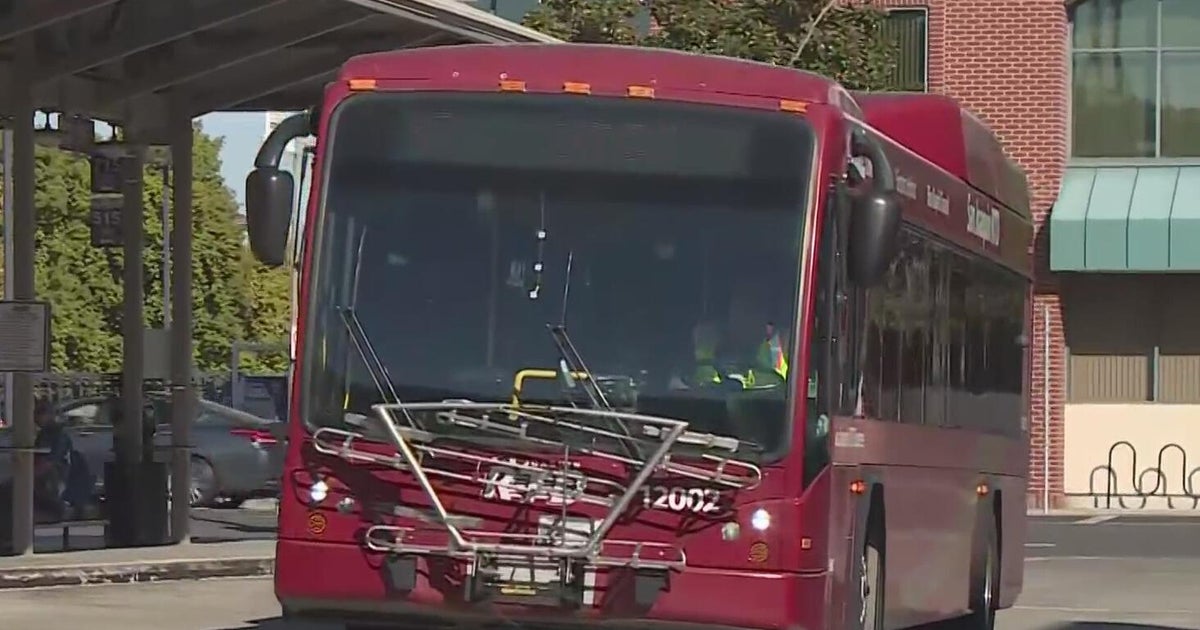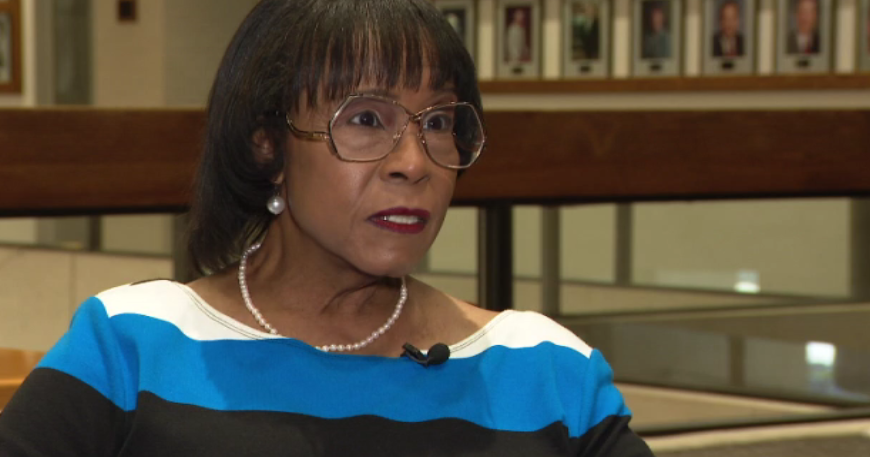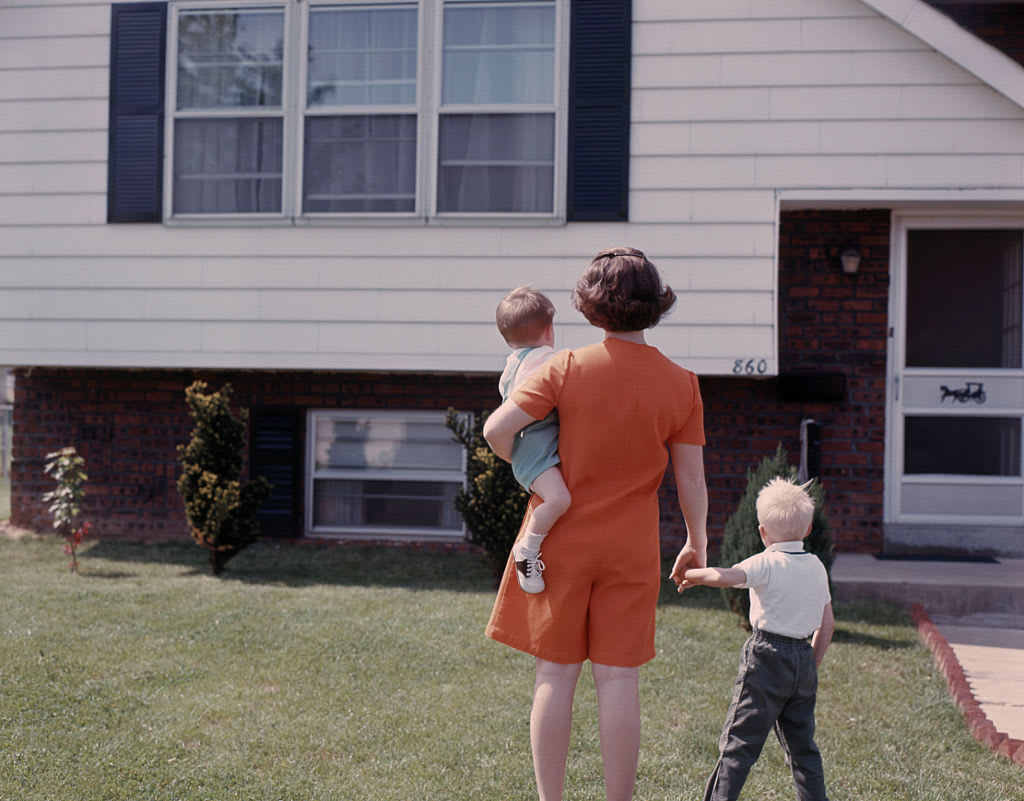Stockton mayor combats poverty with innovative and controversial program
In 2012, Stockton, California, filed for bankruptcy, and was one of Forbes' "Most Miserable Cities in America." Stockton is now ranked the second most fiscally-healthy city in the state. But nearly one in four people live below the poverty line.
In 2016, Michael Tubbs was elected mayor at the age of 26. The Stanford graduate is the youngest mayor of a city with more than 100,000 people, and is Stockton's first African-American mayor.
Mayor Tubbs is addressing his town's poverty with an innovative and controversial program to give some Stockton residents $500 a month to fight economic hardship.
The idea of universal basic income (or UBI) is, Mayor Tubbs told "CBS This Morning," as old as the republic. "Thomas Paine was calling for this. Dr. King before he passed. Even Richard Nixon."
With nearly a quarter of the city living in poverty, and the difficulties facing the working poor to advance up the income ladder, a group called the Economic Security Project sought a city to pilot an economic security project, paid for with philanthropic funding instead of taxpayer dollars. "Given the challenges and also given the resilience and brilliance of our residents, I thought it would be a good fit for us," Mayor Tubbs said.
On whether UBI payments would de-incentivize people from working, Tubbs said research shows something different: "There was a study done of the Eastern Band of Cherokee Native Americans that found $4,000 to $6,000 a year did good things for the folks. Educational attainment rose, drug use went down, and there was no labor market impact. So we're hoping to see something similar in Stockton."
- No Strings Attached: The Behavioral Effects of U.S. Unconditional Cash Transfer Programs (Roosevelt Institute)
He said the project is ideally to begin in August, as the newly-hired program director gets input from the community and work on the criteria for participation. "Hopefully by the time school starts, we're starting," he said.
When asked what might be the criteria for recipients, Tubbs said it would be as universal as possible, and that there would be no strings attached. "We trust that people are smart and resilient and they'll make the best decision for them and their families with the money, understanding that everyone's not going to do it right, I guess."
"Is there a penalty if you don't do it right?" asked co-host John Dickerson.
"No. It's $500, no strings attached. The idea is to have a conversation about the economic system of the country, but I also highlight stories on how [much] something as small as $500 can do, whether it's a mother who's able to now pay for childcare to get back into the workforce, or an entrepreneur who's able to work on their startup ideas, or an artist. It's really highlighting the stories and putting a new face to the conversation on poverty in this country."
The mayor also recently announced Stockton Scholars, a scholarship program (funded by a $20 million private donation) to help the city's high school graduates to attend two- or four-year colleges or trade schools.
Tubbs said at present only 17.4 percent of Stockton residents have bachelor's degrees. "We're working incredibly hard to change that," he said, adding that the scholarship program is aimed at helping young people see that and advanced education is attainable. "That's something we're really focused on in the city because that's going to be a long-term key to our transformation."
Also, controversially, the city has partnered with a non-profit for a program called Advance Peace, in which young people involved with crime are paid a stipend. "The idea is that in most urban cities, a small percentage of people commit the most violent crimes," Tubbs said, "and while the cops will still do their things and jails will still exist, while they're still in our community, I think we owe it to invest in them. It's a private fellowship and if they meet certain criteria, after six months they're eligible for a stipend based on work. It goes by the ethos of having to earn your keep, and we're just making sure we do everything we can to invest in everyone in our community, especially those who are the most marginalized and oftentimes create the most crimes."
The mayor also pushed back against the Trump administration's entreaties that cities such as Stockton should more strictly enforce immigration laws and policies.
"Stockton is one-third foreign born, meaning the majority of our population are either immigrants or children of immigrants," he said. "So when we're talking about taking away from families and deporting people and doing raids, it causes a huge ripple effect in the community. So we've been feeling those effects and letting people know that in Stockton we're a city of immigrants, we're proud of our diversity, and [they're] safe here."
The ripple effect of the president's discourse about immigrants, Tubbs said, has a negative ripple effect: "It causes a lot of fear. So then we see children not going to school, for example, or we see folks not reporting crimes, or people not engaging with government. In a way, for that to happen in Stockton is bad, because again, a majority of our population are either foreign-born or their parents are, meaning that that is our community, and if they're not a part of it, then we're not able to have the civic life we need."




